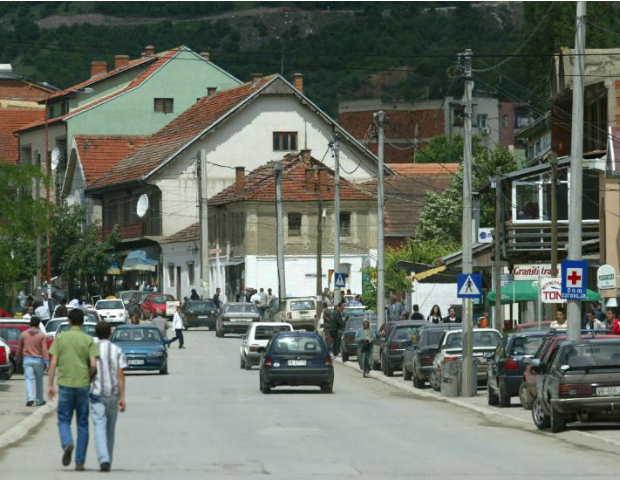

Shaip Kamberi, one of two ethnic Albanian representatives in the Serbian parliament claims that the Albanians in the Presevo Valley face continued discrimination. He stresses that the political crisis in Kosovo is worrisome for Albanians from the Valley.
Kamberi told Prishtina Insight that discrimination against Albanians in Serbia continues today. He said that the current political crisis in Kosovo is worrying for all Albanians living in Serbia.
“We believe that a strong and stable Kosovo, which will be part of the European Union and NATO, is a very strong guarantee for the Albanians of the Presevo Valley,” he said.
The MP suggested that the Kosovo opposition must begin a real dialogue to overcome all disagreements on crucial issues, including the Association of Serb majority municipalities and the border demarcation with Montenegro.
“In this way, the state of Kosovo can enter the stage of building a genuine democracy, and on this basis create the prerequisites to protect the population in the Presevo Valley,” Kamberi said.
Ethnic Albanians living in the areas of Presevo, Bujanovac and Medvedja boycotted the most recent census in 2011. The 2002 census counted 61,467 Albanians who live in Serbia, and today the number is estimated between 60,000 and 80,000.
Kamberi said that no progress has been made in improving their lives. “The climate of discrimination installed in the years of Milosevic’s dictatorship continues,” he adds.
There was a seventeen-month low grade insurgency in the Presevo Valley between ethnic Albanian fighters, the Liberation Army of Presevo, Medvedja and Bujanovac (UÇPMB) and federal Yugoslav forces, which ended with a peace deal in May 2001.
Kamberi said that results of the deal to to improve the situation after the demobilization of the insurgents are scarce.
“In particular we must assess discrimination in the fields of economy and education,” added Kamberi. Regarding discrimination in education, he estimated that Serbia’s non-recognition of Kosovo diplomas plays a major role in discrimination against ethnic Albanians for jobs in Serbia. Many ethnic Albanians from the Presevo valley opt to finish their higher education in Kosovo as Serbia has no institutions of higher learning in the Albanian language. However, because the diplomas remain unrecognized, ethnic Albanians are discriminated against for work in the public sector.

According to him, the lack of economic prospects is producing asylum seekers in Western countries and simultaneously reduces the Albanian population in Serbia. Kamberi says this is tantamount to ethnic cleansing.
As for the implementation of agreements between Pristina and Belgrade, he said that he supported the dialogue thinking that normalization of relations would affect the lives of Albanians in the Presevo Valley.
“We have been waiting months for the implementation of the agreement on mutual recognition of diplomas between Pristina and Belgrade,” said Kamberi, adding that the sooner this is implemented, the better for the Albanians of the region.
As for the lack of textbooks for Albanians in Serbia, Kamberi said that there should be a rapid solution, because the students are learning with inadequate books.
Regarding the future of Albanian representatives in the Serbian Parliament, Kamberi said he calls on all Albanian parties go with a joint coalition in the April 24 elections.
“This way the Albanian population Presevo will have not two but more seats in the parliament, so that they can be presented in a more dignified way,” he said.
This piece was produced as a part of the Balkan Trust for Democracy’s Enhanced Policy Dialogue of Professionals in Kosovo and Serbia Program. Opinions expressed in this publication do not necessarily represent those of the Balkan Trust for Democracy, the German Marshall Fund of the United States, or the UK Foreign and Commonwealth Office.
15 March 2016 - 14:55

Kosovo PM Albin Kurti first came to power in a landslide win in 2021, ...

In Kosovo’s public discourse, early pregnancies are frequently portr...

A significant portion of the information consumed by the citizens of K...

Former intelligence agency chief Driton Gashi was sentenced to four ye...